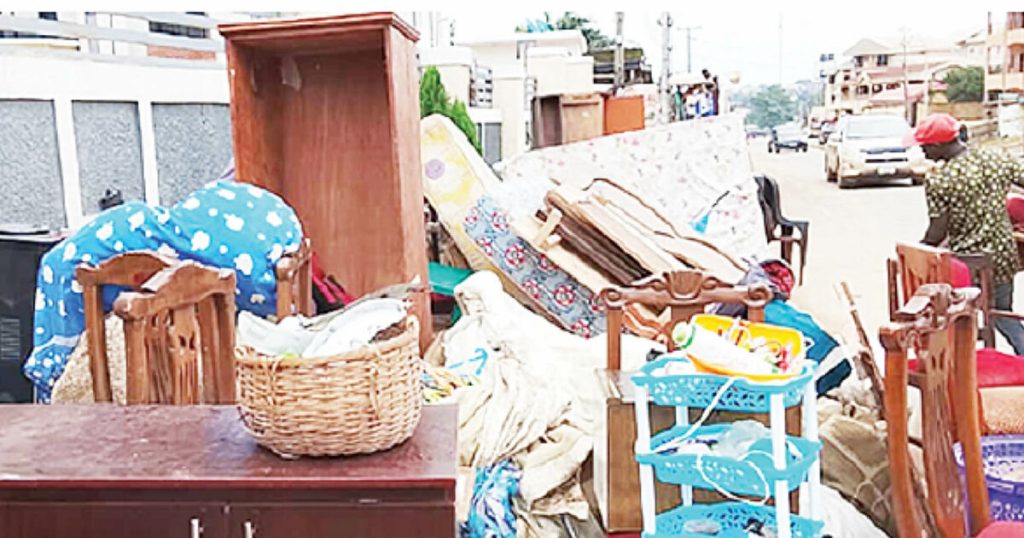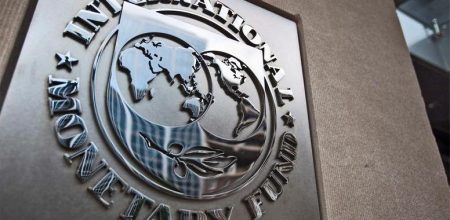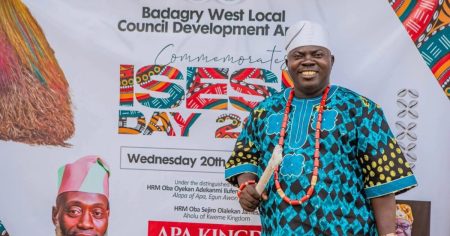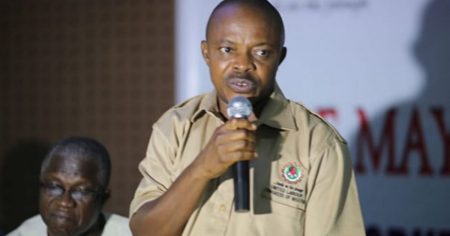The Eviction Dispute: A Clash Between a Human Rights Activist and the Catholic Diocese of Awka
A contentious eviction in Awka, Anambra State, has ignited a heated dispute between human rights activist Osita Obi and the Catholic Diocese of Awka. Obi alleges that the Diocese illegally evicted his wife from her rented shop without proper notice, causing substantial damage to her goods and property. He demands a public apology and N25 million in compensation, threatening to escalate the matter to the Vatican if his demands are not met within two weeks. The eviction, executed on July 31, 2025, involved court bailiffs and security operatives who, according to Obi, acted on a court order served the same day. This left shop owners scrambling to salvage their belongings amidst heavy rainfall, resulting in significant losses.
Obi vehemently criticizes the Diocese’s actions, characterizing them as “wicked” and “evil,” and accuses the church of using an “illegal” court order to carry out the eviction. He expresses profound disappointment in an institution he believes should offer solace, instead of inflicting hardship upon his wife and other tenants. The shock of the eviction has reportedly led to his wife’s hospitalization. Obi contends that the Diocese circumvented proper legal procedures to obtain the court document, alleging corruption and a lack of transparency in their handling of the situation. He insists that the lack of prior notice, despite any court ruling, is unacceptable and contributed to the extensive damage incurred by the shop owners.
The disputed property’s history adds another layer of complexity to the situation. According to Obi, the property was initially constructed by a deceased Reverend Father who bequeathed it to his nephew, the individual the tenants recognized as their landlord. Obi maintains that he was unaware of any ownership dispute between the church and his landlord until the forceful eviction took place. He states that his former landlord never informed him or the other tenants of any legal challenges to the property’s ownership. The sudden appearance of security operatives and bailiffs, presenting a court judgment declaring a different owner, came as a complete surprise.
The Catholic Diocese of Awka, however, presents a contrasting narrative. They assert that the church played no direct role in the eviction, emphasizing that the court, not the Diocese, enforced the order. Rev. Fr. Charles Ndubisi, the Cathedral Administrator, explains that the court has the authority to enforce its own judgments without requiring permission from the winning party. He clarifies that bailiffs, accompanied by security personnel, carried out the eviction, a standard procedure in such cases. Ndubisi further states that the Diocese is unaware of which security operatives were present during the eviction but confirms that the court order was executed. He adds that some affected shop owners have contacted the Diocese, seeking to renegotiate their tenancy agreements now that the rightful ownership has been established.
The Diocese’s claim of non-involvement is challenged by Obi, who insists the church orchestrated the eviction and subsequent property damage. He alleges that the church previously filed a petition against his wife with the police in June 2022, containing malicious allegations. He believes this action demonstrates the Diocese’s active role in the dispute, contradicting their assertion of simply complying with a court order. While acknowledging the court’s involvement, Obi maintains that the Diocese’s actions, including the alleged petition and lack of prior notification to tenants, demonstrate a deliberate disregard for due process and contribute to the significant harm suffered by his wife and other affected shop owners.
The conflicting accounts of the eviction highlight the core issues of the dispute: the legality of the eviction process, the extent of the Diocese’s involvement, and the appropriate compensation for the affected tenants. Obi’s demand for an apology and financial restitution underscores his belief that the Diocese acted unjustly, while the Diocese’s insistence on its adherence to legal procedures suggests a different interpretation of events. The clash between the human rights activist and the Catholic institution raises important questions about property rights, due process, and the responsibility of powerful institutions in ensuring fair treatment for all parties involved in legal disputes. The ultimatum issued by Obi adds a layer of urgency to the situation, setting the stage for potential further legal action and public scrutiny.














